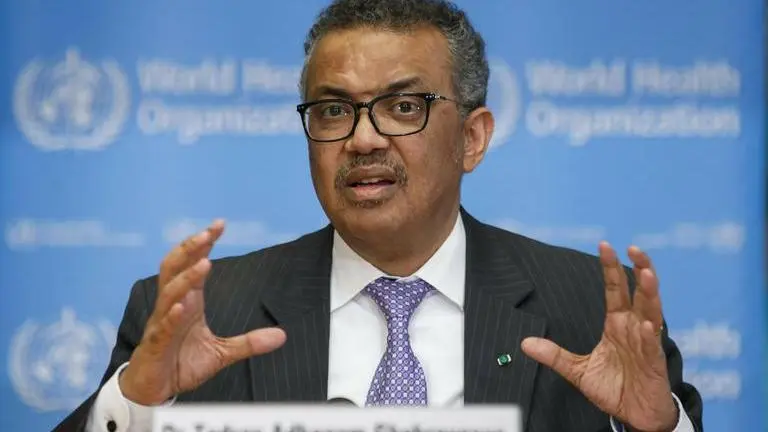Updated 30 January 2023 at 16:39 IST
COVID-19 still 'public health emergency', claims WHO; Countries advised to stay cautious
Three years after the World Health Organization declared a global emergency over Covid-19, they declared on Monday that the pandemic continues to be a crisis.
- World News
- 2 min read

Three years after the World Health Organization declared Covid-19 a global emergency, they declared on Monday that the pandemic continues to be a crisis worldwide. "The WHO director-general concurs with the advice offered by the committee regarding the ongoing Covid-19 pandemic and determines that the event continues to constitute a public health emergency of international concern," read the UN health agency's statement. The statement was issued during the fourteenth meeting of the International Health Regulations Emergency Committee regarding the coronavirus disease (COVID-19) pandemic.
The World Health Organization, in its statement, encouraged countries to stay cautious and keep reporting on surveillance and genetic information; to suggest targeted public health and social measures as needed based on risk; to vaccinate the most vulnerable groups to reduce severe illness and deaths; and to consistently communicate with the public, addressing their concerns and involving communities to improve understanding and implementation of preventative measures.
"WHO continues to work closely with countries on all aspects of the COVID-19 response, including for strengthening the management of COVID-19 within longer-term disease control programs. The WHO Secretariat specifically highlighted its support to States Parties to: maintain multiple component surveillance systems; implement sentinel surveillance using a coordinated global approach to characterize known and emerging variants; strengthen COVID-19 clinical care pathways; provide regular updates to the COVID-19 guidelines; increase access to therapeutics, vaccines, and diagnostics; and continue to conduct Unity studies which provide valuable information about seroprevalence globally," read the statement.
The Committee was informed that globally, 13.1 billion doses of COVID-19 vaccines have been administered, with 89% of healthcare workers and 81% of individuals over 60 years old having received their full series of vaccinations. Significant advancements have also been made in creating effective treatments; increasing global abilities in genetic sequencing and analysis; and managing misinformation in the current information landscape, including on social media platforms.
Published By : Digital Desk
Published On: 30 January 2023 at 16:39 IST
